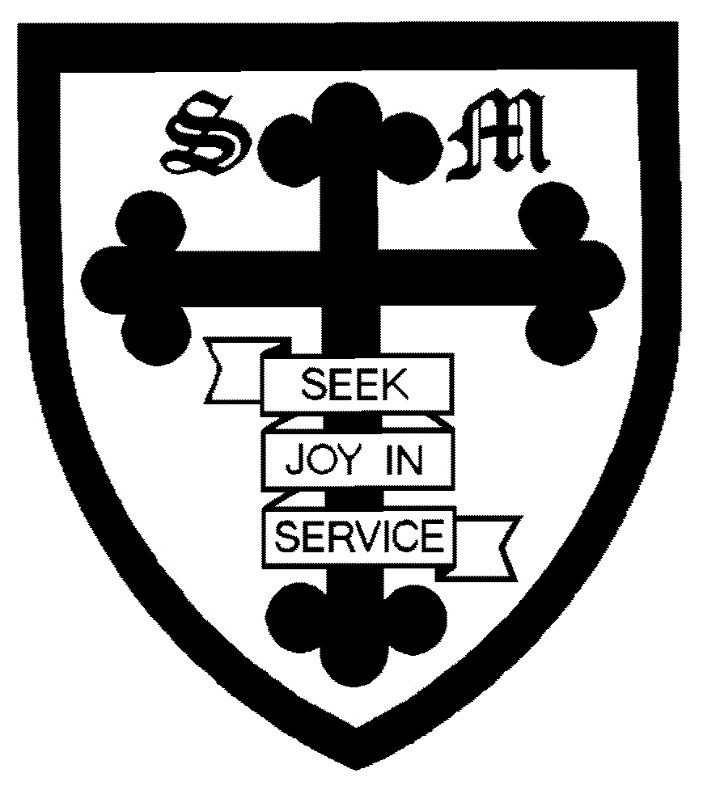Computing
At St Michael's Primary School, our primary intent is to offer a comprehensive and in-depth exploration of computing, connecting it to the everyday lives of our young learners. This is achieved through three key areas: computer science, information technology, and digital literacy.
Computer Science: In our computer science curriculum, children will grasp and apply fundamental principles and concepts such as abstraction, logic, algorithms, and data representation. Moreover, they will learn to analyse problems in computational terms, gaining hands-on experience in writing and debugging computer programs.
Digital Literacy: We aim to foster responsible, competent, confident, and creative users of information and communication technology. This includes imparting a deep understanding of online safety and the responsible use of digital resources.
Information Technology: Our young learners will also become proficient in creating, evaluating, and applying information technology in practical scenarios.
Our Curriculum Focus Areas: Throughout their time at St Michael's, children will delve into several key areas:
-
Online Safety: We emphasise the importance of staying safe in the digital world, equipping students with the knowledge and skills to protect themselves online.
-
Technology in Our Lives: Children explore the role of technology in our everyday lives, understanding how it impacts and shapes the world around them.
-
Coding and Programming: Our students will develop coding and programming skills, enabling them to create, problem-solve, and innovate in the digital realm.
-
Multimedia: This involves exploring various forms of digital content, including text, images, sound, and motion, allowing children to express themselves creatively.
-
Handling Data: Students learn how to collect, analyse, and use data effectively, a crucial skill in our data-driven world.
-
Pioneers of STEM: We introduce students to the remarkable individuals who have made significant contributions in the fields of Science, Technology, Engineering, and Mathematics (STEM).
Each year, students build upon their existing knowledge while tackling new challenges. Our curriculum is designed to help children not only understand how technology impacts the world but also to recognise their shared responsibility in creating a digital environment that promotes positive change. We believe that by empowering our students with these skills and knowledge, they can be drivers of a brighter digital future.
